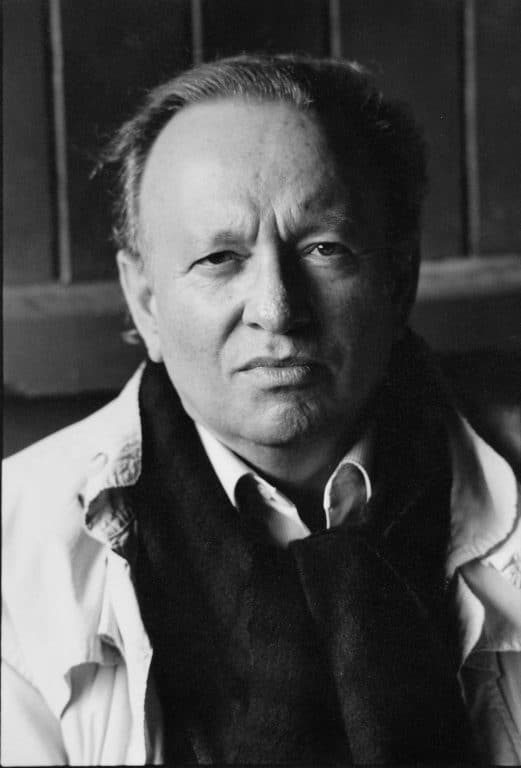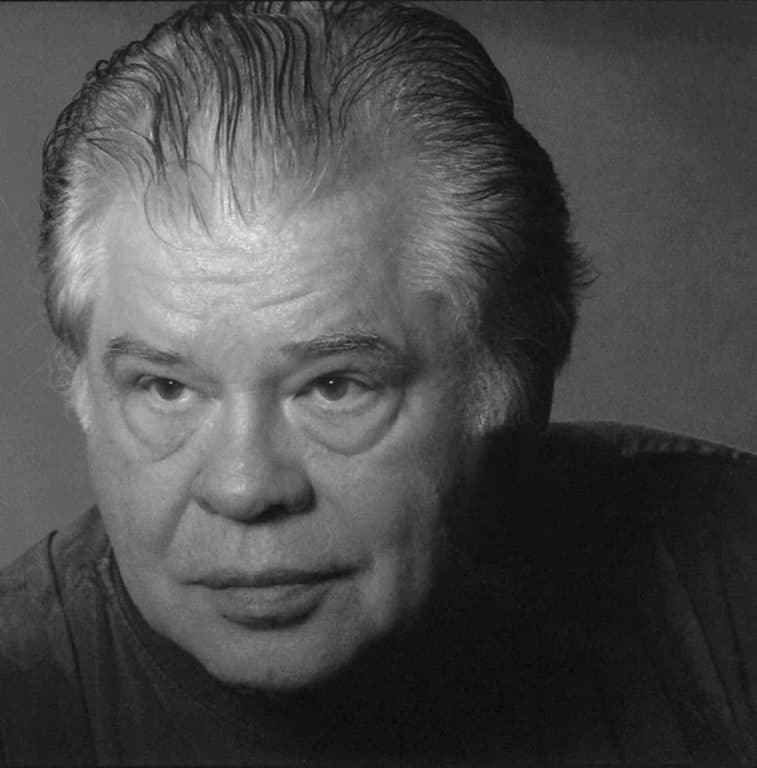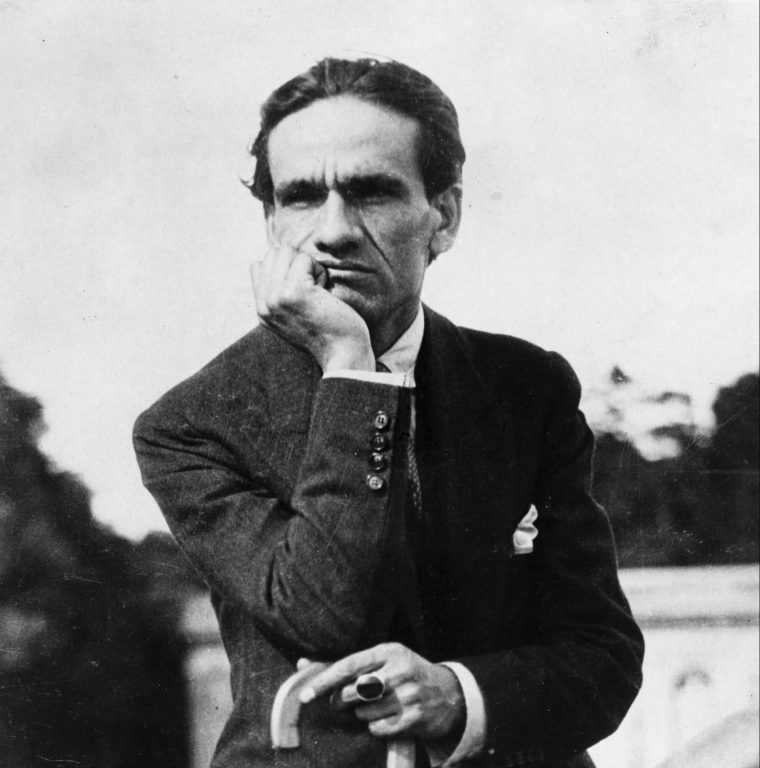Considering another selection from Jordan Abel’s 2017 Griffin Poetry Prize winning work Injun, we marvel again at what the poet has mined and turned into something unique, powerful and redemptive.
As we’ve discussed in conjunction with other selections from this collection, Abel’s source was dozens of public domain western novels, published from 1840 to 1950.…
Considering another selection from Jordan Abel’s 2017 Griffin Poetry Prize winning work Injun, we marvel again at what the poet has mined and turned into something unique, powerful and redemptive.
As we’ve discussed in conjunction with other selections from this collection, Abel’s source was dozens of public domain western novels, published from 1840 to 1950. At the end of Injun, he reveals the process by which he excavated the raw material and built the work:
Injun was constructed entirely from a source text comprised of 91 public domain western novels with a total length of just over ten thousands pages. Using CTRL+F, I searched the source text for the word “injun,” a query that returned 509 results. After separating out each of the sentences that contained the word, I ended up with 26 print pages. I then cut up each page into a section of a long poem. Sometimes I would cut up a page into three- to five-word clusters. Sometimes I would cut up a page without looking. Sometimes I would rearrange the pieces until something sounded right. Sometimes I would just write down how the pieces fell together. Injun and the accompanying materials are the result of these methods.
This poem’s footnote #4 points to line after line from Abel’s source that he mined specifically for the word “tenderness”.

Just looking at those lines drains the word of its usual associations. Stripped bare as part of how Abel has mechanically excavated the term, then determinedly filtered and processed it with acute human consciousness and craft, the word takes on stark and menacing new meanings.
The praise Injun has garnered from Abel’s fellow writers captures the value of the poet’s steadfast work shaping these unearthed materials.
“In parsing sentences of the colonial habitus that drives Old Westerns, Jordan Abel’s Injun turns tables of (dis)contents to redress the page, the book, and the naturality of reading … With his caress of phrases cruel with rcisms, Abel deftly shows … where the social psychosis of West was founded …”
Erin Moure
“I imagine Abel poring over source texts, deconstructing code, forging meaning from scraps, and breaking through colonial constructions with fever …”
Leanne Simpson
“Built from a core sample of our culture’s colonialist project in language, Jordan Abel has opened a space of disruption, lament, resistance and inquiry …”
Ken Babstock




